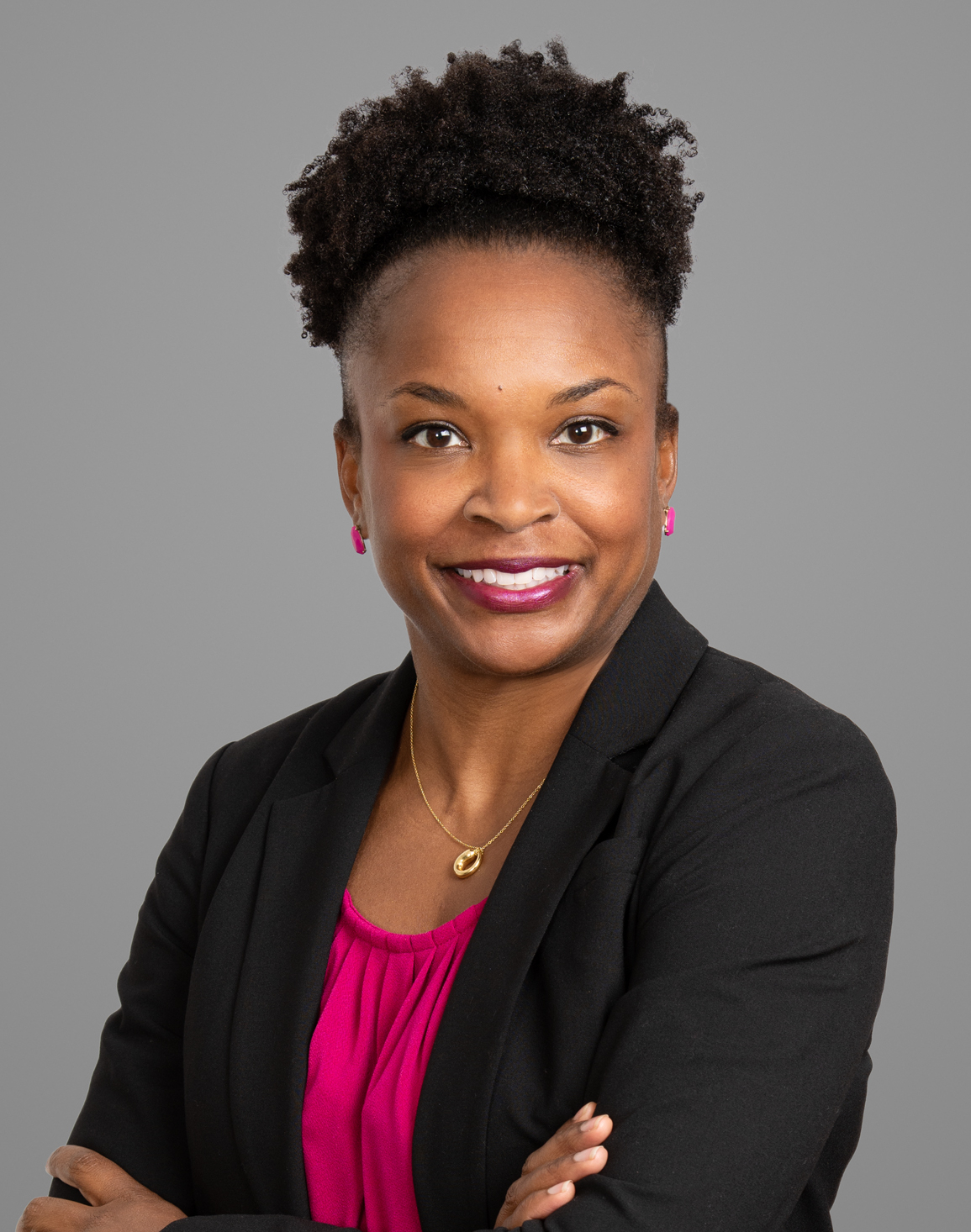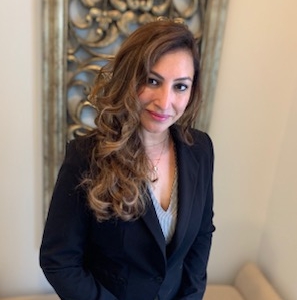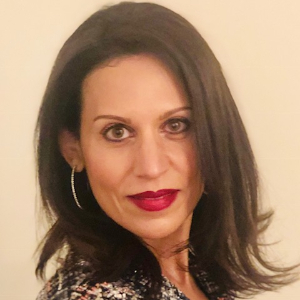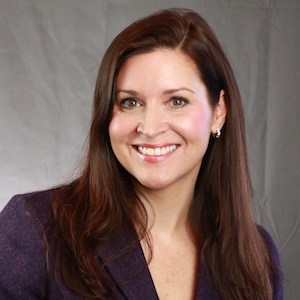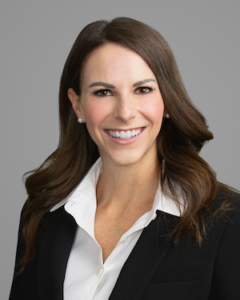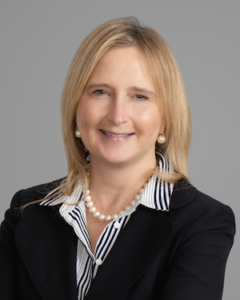 “Human life is interdependent!” says Dr. Stephen Covey. “Interdependent people combine their own efforts with the efforts of others to achieve their greatest success.”
“Human life is interdependent!” says Dr. Stephen Covey. “Interdependent people combine their own efforts with the efforts of others to achieve their greatest success.”
As citizens of the Western patriarchal world that idealizes individualism, we are conditioned to strive for independence as the bastion of strength.
But as Covey touched on in the Maturity Continuum back in the classic The 7 Habits of Highly Effective People, independence is not the ultimate arrival point.
Evolving from independence to interdependence is a pre-requisite of stepping into being a true leader and creating human fulfillment in all of our relationships.
Personal Development Journey to Interdependence
First of all, interdependence is neither dependence nor codependence. Only independent people can evolve to be and choose to be interdependent.
Our culture idealizes independence as the ultimate success, when it’s not. Consider the self-made man or do-it-yourself or the exalted lone hero’s journey.
Dependence (You)
When we become caught at the dependence state of maturation, we rely on others or the situation to meet our needs for safety and pleasure, to take care of us, and to take charge or create changes we want.
We abdicate responsibility for our lives to others to develop a victim mentality. It can be insidious, too.
As Dr. Michele Brennan writes, “Evidence of this is seen in individuals who cannot make decisions for themselves, they are afraid to speak their minds, or to advocate for themselves because they need someone to lead them.”
Independence (I)
When we individuate towards independence, we take responsibility for the thoughts and actions required to meet our needs and wants as we’ve identified them. We are self-sufficient and self-reliant.
While we must arrive here to break our dependence, remaining as an island in an interconnected world is not the highest expression of success, consciousness or fulfillment.
Independence focuses only on your needs and desires, can quickly fall into scarcity mindset, and does not place supporting others and being supported as core.
At the independence mindset, we’re also prepared for others to lose so we can win. We’re more likely to feel others are in competition or detractive to our goals.
A recent meme emphasis has been “Ultra-independence is a trauma response”—and that could be seen as an individual, national and cultural wound.
Interdependence (We)
Interdependence “comes with the self actualization that we are strong to stand on our own but we are wise enough to understand there is even greater strength in developing a community,” writes Brennan.
At the level of interdependence, we realize that our personal growth and fulfillment is not distinct from, or at odds with, lifting others up, but rather in accord with it.
As Michael Timms writes, “Interdependence is the understanding that your welfare and ultimate success is inextricably connected to the welfare and success of those around you.”
Beyond accountability for yourself, you take accountability for our inherent interdependence and your personal impact on the greater whole.
This is the “we” phase – as written in PM Today – “where the independent adult chooses to increase their circle of concern beyond themselves, to include ever widening groups of people.”
Individuals and organizations that come from this place view themselves as one part of a system of many interconnected parts, all impacting on each other.
How We See Ourselves and the World
Research shows that people with a self-construal as an independent entity will view internal attributes as core to who they are—their “traits, abilities, values and attitudes.”
Whereas people with an interdependent self-construal will view “close relationships, social roles and group members“ as central to their sense of self—personal meaning is contingent upon belonging to the interrelated whole.
Independence mindsets are overall associated with Western European and North American cultures and interdependence mindsets with East Asian and Latin American cultures.
When it comes to perceptual tendencies, people with independent mindsets pay more attention to the focal element of a scene (a bridge in a forest). People with interdependent mindsets pay attention to the context of the whole scene (forest with bridge).
In research, this means that a Westerner will notice small changes to the focal element (bridge) faster. Those from East Asian cultures will notice changes to the context faster (forest). The changes we don’t notice are called our change blindness.
Breaking from strict cultural divides, researchers found that it’s possible to nudge our perception to view the world more interdependently. Even by attuning to the interdependent pronouns “we” and “our” and “us” rather than “you” or “I” or “me” in articles, Westerners became more sensitive to detect the changes in the bigger picture.
The frames through which we think and think of ourselves impact how we perceive the world. The more we focus on our interconnection, the more attention we pay to context and the bigger picture.
Leading From Interdependence
Independent level leadership may refuse to take responsibility for problems or try to shoulder it all alone, may focus on being the solo hero, may raise executive salaries to exorbitant levels, may focus on the organizational win without considering the true ripple effect of the means.
“At best, independent people who choose not to progress to the next level of maturity will be valuable individual contributors,” according to The Ghannad Group, “and at worst, they will contribute to the counterproductive creation and maintenance of silos that prevent effective collaboration.”
“The moment you step from independence into interdependence in any capacity, you step into a leadership role,” wrote Covey.
Ghannad Group writes that “achieving interdependence requires intentionality and insight, courage and humility”—and embodying an interdependent, transformative leader mindset requires “abundance mentality”, “empathy and understanding”, and a “servant’s heart.”
At the interdependent leader level, you grow to adopt some of Covey’s approaches: Your philosophy of human interaction is win/win, seeing life as “cooperative not competitive”— seeking solutions and agreements that offer mutual benefit for all stakeholders concerned, because it’s always the most effective approach.
You seek to understand a situation before seeking to be understood and demonstrate real emotional intelligence. You foster synergistic group collaboration, which allows the collective whole to be greater than the sum of the independent parts and gives birth to new creativity and paradigms.
You seek solution-space for problems which are not your direct responsibility such as crisis, because they are impacting upon the whole.
Interdependent leaders come from a place of acceptance, curiosity and abundance mindset rather than judgement, fear and scarcity thinking.
You have confidence in “being enough” so that you can humbly call on the unique gifts and talents from everyone without judgment, raising everyone up as you rise in your leadership acumen to create the most synergistic, creative and expansive solutions.
You’re dependable, but it’s not about you. Being interdependent as a leader means the strength of knowing your own talents and embracing the vulnerability that nobody can be or do it all themselves.
We need each other and embracing the accountability of that interdependence is the most effective, fulfilling and mature path for humanity—and leadership.
By Aimee Hansen


